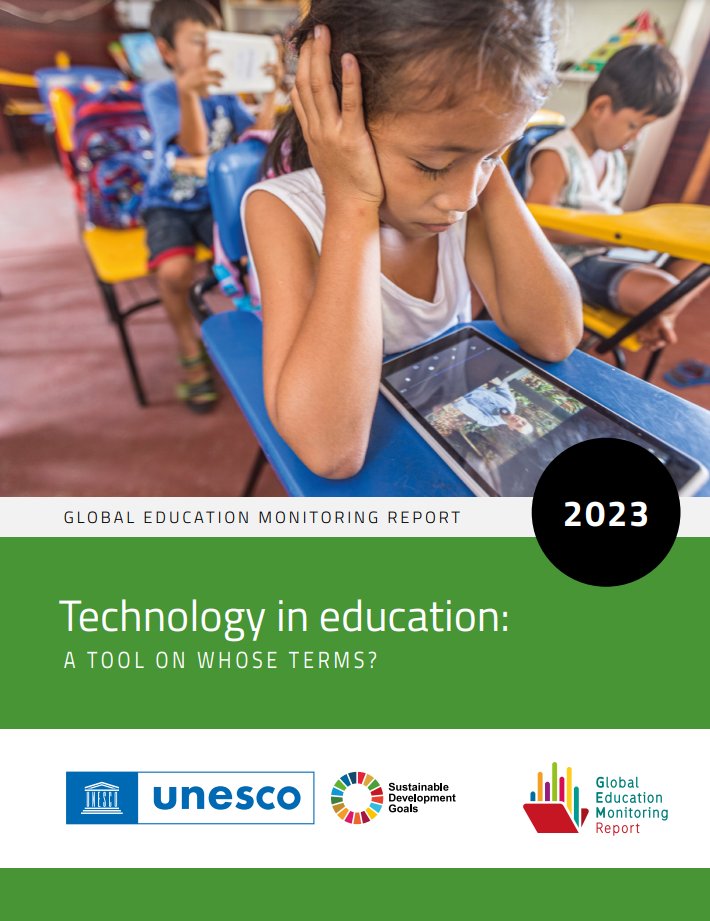
Le Centre International UNESCO-UNEVOC: Qui nous sommes | Ce que nous faisons | Nous rejoindre | Nous contacter
Le Réseau UNEVOC: En savoir plus sur le Réseau | Répertoire du Réseau UNEVOC
Espace Membres: Tableau de bord du Centre UNEVOC
Domaines thématiques: Inclusion et jeunes | Innovation et avenir de l'EFTP | Engagement du secteur privé | Les ODD et l'écologisation de l'EFTP
Nos programmes et projets clés: BILT: Connecter innovation et apprentissage | Renforcer la résilience de l’EFTP | Programme pour le leadership en EFTP | Journée mondiale des compétences des jeunes
Activités passées: Réponse COVID-19 | i-hubs: Former des pôles d'innovation | Forums mondiaux de l'EFTP | Conférences virtuelles | YEM Portail de connaissances
Nos services et ressources: Publications | Forum TVET | Profils nationaux d'EFTP | Glossaire TVETipedia | Pratiques prometteuses | Toolkits for TVET Providers | Formation à l’entrepreneuriat
Journal et événements: Grandes Manifestations EFTP | Journal UNEVOC

| Author/s: | Global Education Monitoring Report Team |
| Éditeur: | UNESCO |
| Publié: | 2023 |
| Licence: | CC BY-SA |
The adoption of digital technology has resulted in many changes in education and learning, yet it is debatable whether technology has transformed education as many claim. The application of digital technology varies by community and socioeconomic level, by teacher willingness and preparedness, by education level and by country income. Except in the most technologically advanced countries, computers and devices are not used in classrooms on a large scale. Moreover, evidence is mixed on its impact. The short- and long-term costs of using digital technology appear to be significantly underestimated. The most disadvantaged are typically denied the opportunity to benefit.
In asking ‘A tool on whose terms?’, the Report shows that regulations for technology set outside of the education sector will not necessarily address education’s needs. It is released along with a #TechOnOurTerms campaign, calling for decisions about technology in education to prioritize learner needs after assessment of whether its application would be appropriate, equitable, evidence-based and sustainable.